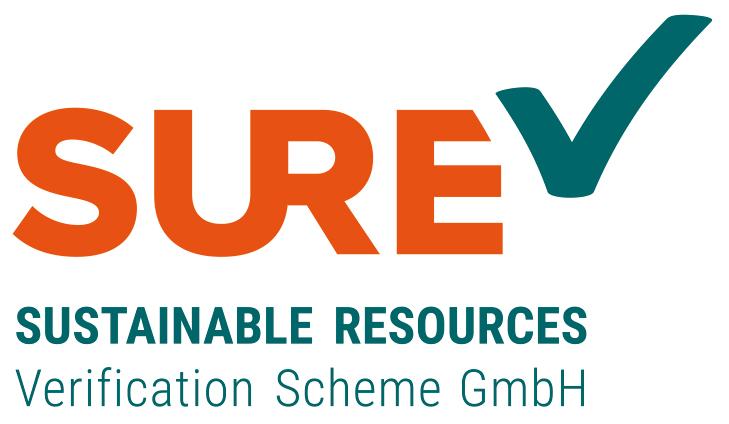Sudan’s Conflict: How Foreign Agendas Intensify the Crisis and Why Regional Diplomacy Holds the Key to Peace
The ongoing turmoil in Sudan has escalated into a profound humanitarian emergency, with foreign involvement playing a critical role in deepening the conflict. What initially started as an internal power dispute between military factions has evolved into a complex war influenced heavily by external actors pursuing their own strategic interests. From arms transfers to geopolitical maneuvering, these foreign engagements have significantly prolonged violence and instability across Sudan. Experts warn that without decisive regional diplomatic intervention, this cycle of bloodshed will persist, worsening the plight of millions caught in the crossfire. This article delves into how international ambitions are entangled with Sudan’s war and highlights why coordinated regional diplomacy is essential for restoring peace and stability.
External Influences Driving Sudan Conflict: An Overview of Global Stakes
Sudan’s crisis transcends its borders, becoming a battleground where global powers seek to advance their agendas under the guise of local disputes. Various international stakeholders, motivated by economic gains or geopolitical leverage, have intensified hostilities rather than fostering peaceful solutions. The principal actors include:
- China: Focused on securing vital oil reserves and expanding infrastructure investments, Beijing prioritizes economic interests often at the expense of human rights concerns.
- Russia: Aiming to broaden its African footprint, Moscow provides military assistance and cultivates alliances with armed groups to cement influence.
- The United States: While advocating for democratic governance and stability, U.S. policies are complicated by efforts to counterbalance Chinese and Russian presence.
- Middle Eastern Powers: Nations such as Saudi Arabia and the UAE finance proxy militias aligned with their strategic objectives in Africa.
To better understand these dynamics, consider this summary table outlining key foreign support directed toward various factions within Sudan:
| Foreign Power | Affected Faction | Nature of Support |
|---|---|---|
| China | Sudanese Government Forces | Infrastructure projects; arms sales |
| Russia | Militant Groups Opposing Government | Tactical training; weaponry supply |
| UAE & Saudi Arabia | Diverse Armed Factions | Financial backing; provision of arms > |
These intertwined involvements highlight why resolving Sudan’s conflict demands more than isolated national efforts—it requires comprehensive regional cooperation aimed at disentangling external influences from domestic affairs.
Regional Diplomacy as a Critical Instrument for Peace in Sudan
Given how foreign interventions complicate an already volatile situation in Sudan, neighboring countries possess unique capabilities to mediate effectively through shared cultural ties and mutual security concerns. Regional diplomacy offers an indispensable platform for dialogue facilitation among warring parties while leveraging historical relationships that outsiders lack.
Key strategies that could be employed include:
- Create Neutral Negotiation Spaces: Establish impartial forums where all factions can engage constructively without fear or bias.
- Economic Collaboration Initiatives: Promote joint development projects benefiting multiple communities which can incentivize peace over conflict.
- Synchronized Security Measures: Coordinate border patrols and intelligence sharing among neighboring states to prevent spillover violence.
- Mediation Led by Community Elders: Harness respected local figures who can bridge divides through culturally sensitive dialogue processes.
- Sustainable Grassroots Economic Growth: Investing in small businesses enhances livelihoods reducing reliance on unstable aid flows linked with external powers’ influence.
- Civil Society Inclusion: Engaging NGOs ensures affected populations actively participate in shaping peacebuilding initiatives tailored specifically to their needs.
Additionally, a multilateral framework emphasizing respect for sovereignty must be established involving both regional neighbors &&&&
Main Component Description Consistent Diplomatic Dialogues td > Regular meetings among key stakeholders facilitate transparent communication channels.< / td >
< tr >
< td >< strong >Monitoring Bodies td >
< td >Independent entities tasked with tracking foreign involvement impacts.< / td >
< tr >
< td >< strong >Strengthening Local Governance td >
< td >Capacity-building programs enable resilient institutions resistant to undue external pressure.< / td >Conclusion: The Imperative of Unified Regional Action To End Sudan’s War
As violence continues unabated across Sudan due largely to entangled foreign agendas competing over resources & power,–a sustainable resolution depends heavily on prioritizing regional diplomatic leadership over fragmented international interference.
African nations directly impacted must spearhead mediation efforts supported constructively by global coalitions committed genuinely toward long-term stability.
Failing such unity risks prolonging immense suffering affecting millions while destabilizing East Africa broadly.
Recognizing this urgency,—if meaningful dialogue & reconciliation are not elevated immediately—a devastating legacy will persist far beyond today’s headlines.
Effective implementation hinges on unified action from countries bordering Sudan—pooling resources like intelligence data alongside diplomatic capital—to craft adaptable solutions reflecting local realities rather than externally imposed agendas.
Combating Foreign Interference Through Local Empowerment and Global Partnerships
The exacerbation of Sudan’s crisis by competing international interests underscores an urgent need for approaches centered on indigenous solutions supported by responsible global cooperation.
Empowering community-driven programs is vital for addressing root causes while building social cohesion amid fractured societies:

